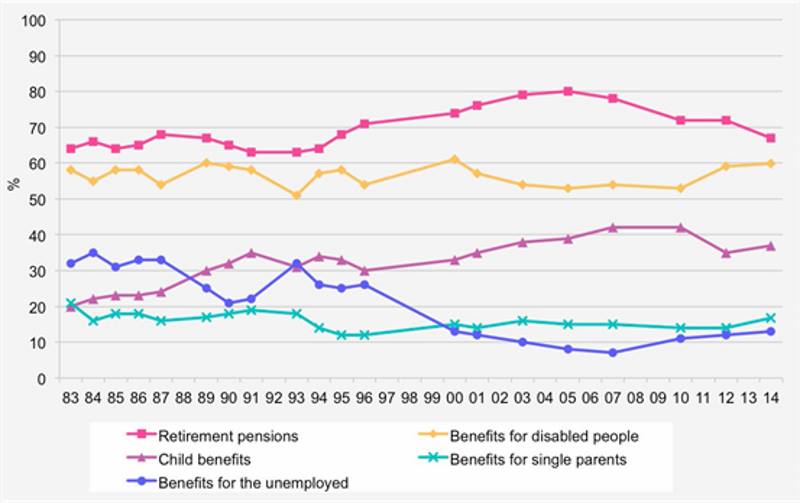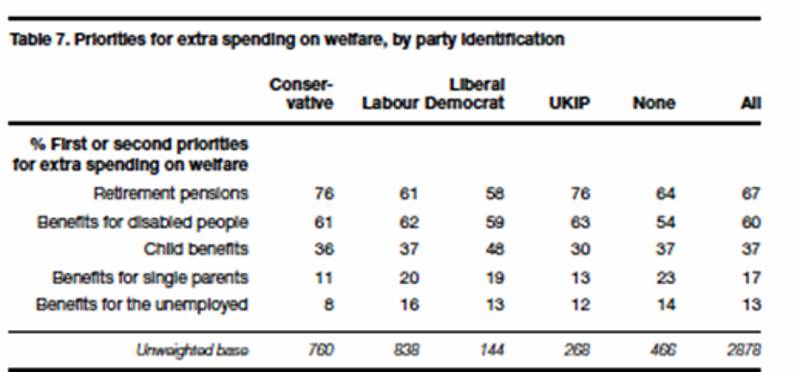The day after a Budget is usually a difficult one for any Chancellor, but this year, George Osborne has been subject to sustained and withering scrutiny, most notably on the failure to meet his fiscal targets and the shunting around of corporate taxes revenues and capital spending that enable him to reach a projected surplus in 2019/20. There are deep-seated problems in the British economy - expressed most sharply in our weak productivity performance – that the Chancellor’s economic strategy has exacerbated, not solved, and he is paying a fiscal price for these. But his Budget decisions may yet extract a political price from him too.
Last year, the Chancellor was forced to abandon tax credit cuts announced in the summer. This year, political disquiet has focused on cuts to disability benefits, principally those to Personal Independence Payments (PIPs). Spending on these benefits has been rising above forecasts, so the government is cutting entitlements. The IFS says 370,000 disabled people will lose an average of £3,500 a year thanks to PIP cuts. This is causing outrage amongst the Chancellor’s opponents and anxiety on his backbenches.
There is a good explainer of both the substance and the politics of this issue by the political journalist, James Kirkup, in the Daily Telegraph. In sum, Kirkup thinks the government may have walked into a new tax credits row.
To see why this is plausible, we can turn to evidence from the authoritative British Social Attitudes survey. In the 32nd report of the survey, covering data up to 2014, the public was asked (as it is every year for the survey) about attitudes to social security and welfare benefits.
Here is the table showing priorities for extra spending on benefits since 1983. It shows fairly consistent support for disability benefits, which are now second only (and narrowly so) to retirement pension in the hierarchy of public priorities.
Figure 3. Priorities for extra spending on social benefits, 1983–2014
Furthermore, this support cuts across party lines. Here is the table that shows levels of support for extra spending on welfare, by party identification. Support for extra spending on disability benefits is fairly uniform, clustering around 60%: the views of those who identify with the Conservatives don’t differ much from those who identify with Labour, the Lib Dems and UKIP. This contrasts with spending on other benefits.
The Chancellor has picked a fight on an issue on which public opinion is solid, and on which his own supporters agree with those of other parties. He may live to regret it.
Respond





